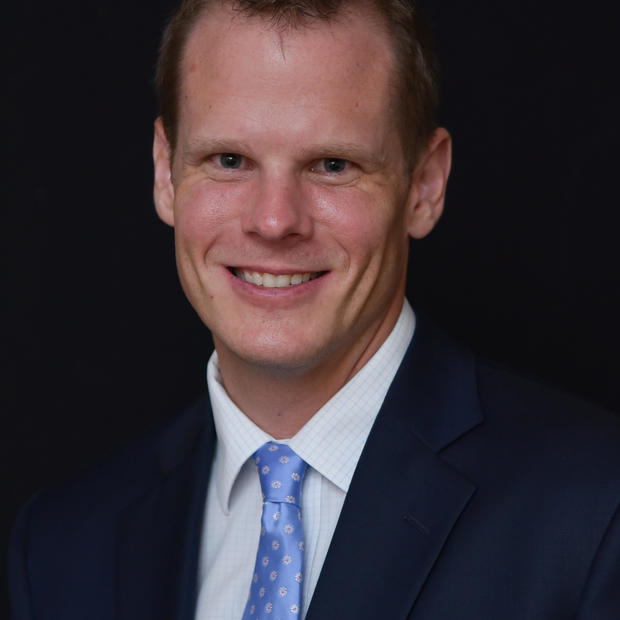Today, I am the executive director of the Statewide Reentry Council, where I work to improve public safety and outcomes for people returning to their communities from the criminal legal system. I have seen through my work and my own experience how the right to vote can be life changing for formerly incarcerated people. Unfortunately, thousands of people living in our communities in Washington state are still denied a voice in our democracy.
House Bill 1078 could change this. If the state Senate also passes this bill, it will restore voting rights to more than 20,000 Washingtonians living and working in our communities. Our current law prohibits those on community supervision from voting, denying people access to our democracy long after they return home from prison. Some people even have lifetime sentences of community supervision in Washington, meaning a person could be out of prison for 20 years and still be barred from participating in our most sacred and fundamental act of civic engagement.
There are too many people in our state working, raising their families and living at home in their communities who still are not allowed to vote. What I see in Washington is troubling; it is counterproductive to the goals of reentry, and it is not in character for a state that I know values community belonging.
There are many practical reasons why we should change this outdated policy. When people are civically engaged and welcomed back into society, they are less likely to return to the system. This makes our communities safer. Restoring voting rights also helps address the racially discriminatory impact of the current law, where Black and Indigenous people are more likely to be affected by the criminal legal system and lose their rights. Additionally, updating our policy would bring us in line with 20 other states and a broad coalition of supporters here in Washington, including the state Department of Corrections, survivor advocacy groups and criminal justice experts.
Voting rights restoration will do all these things, but it also gives us an opportunity to start rewriting the narrative around incarceration. It is time we stop alienating people who have been impacted by the system with stigmatizing labels and start welcoming them home as whole members of society. Today, when people return to their communities, they are often left to navigate hostile circumstances on their own, without a say in the decisions that affect their daily lives. Can you imagine how all of us would benefit if we fully embraced them instead?
Part of being welcomed home as a full community member is being able to participate in our democracy. I was a resident of Maine when I was incarcerated, which is one of two states that never implemented felony disenfranchisement laws. Being able to vote meant that even though I was separated physically, I was still a member of my community. The chance to have my voice heard and valued gave me hope for my future beyond the criminal legal system. This seed of hope increased my interest in positive programs and people, and made me less likely to fall back into negative activities that could have made my prison time worse, or even extended it.
House Bill 1078 is one of the steps we can take toward a more just, successful and humanizing reentry system. By giving people a voice when they return home, we are building a stronger democracy and a community that welcomes people as the whole citizens that they are.


